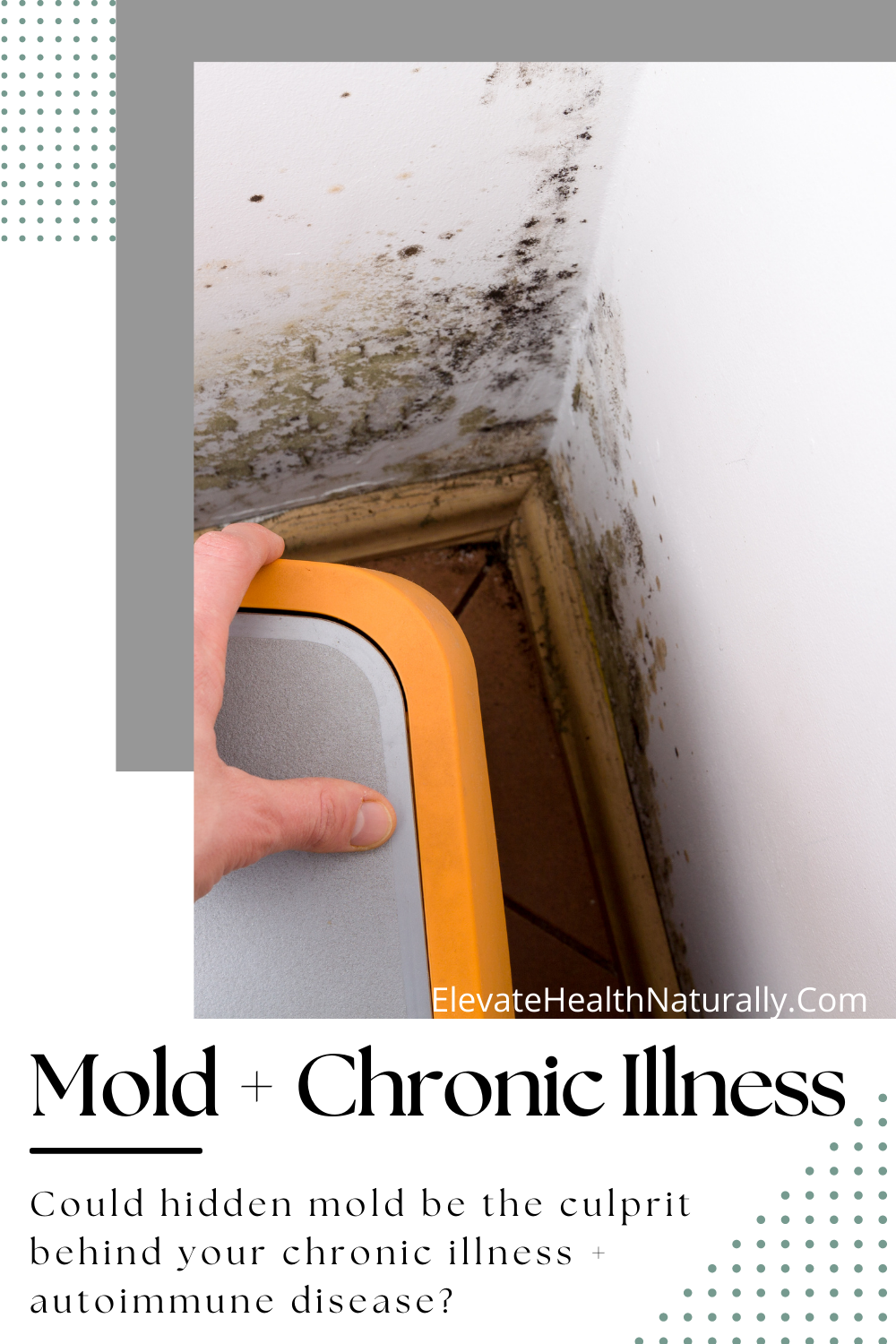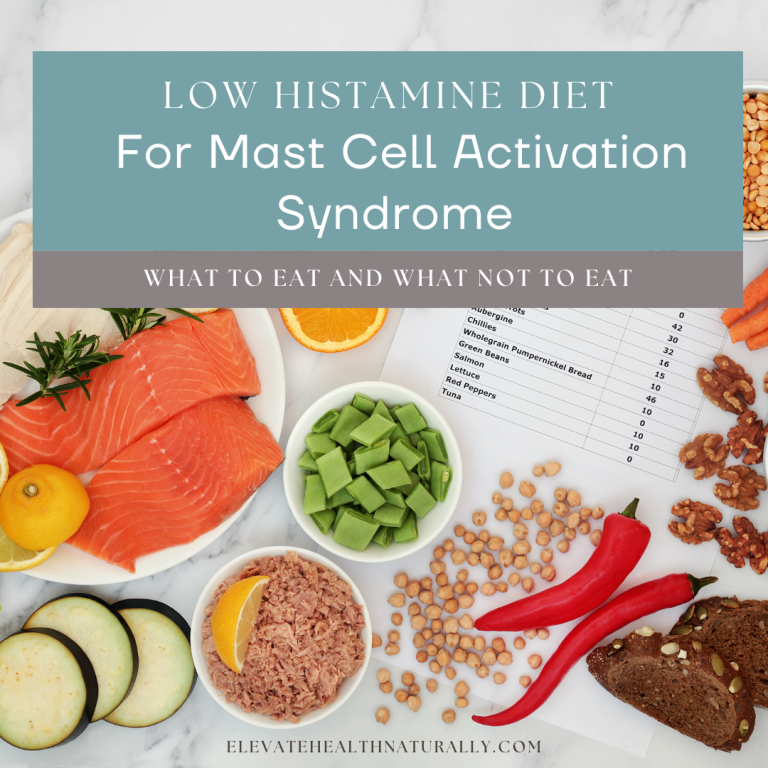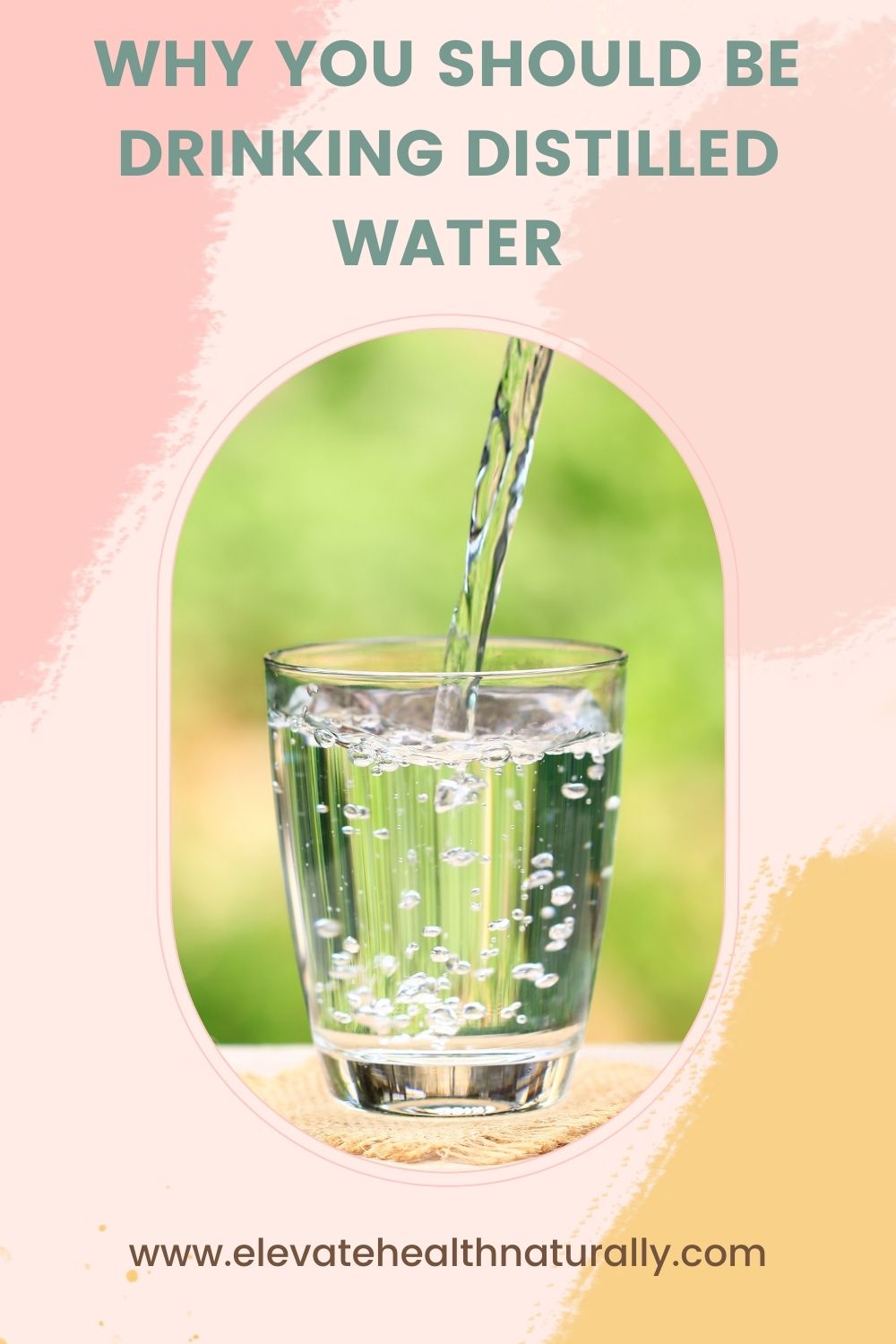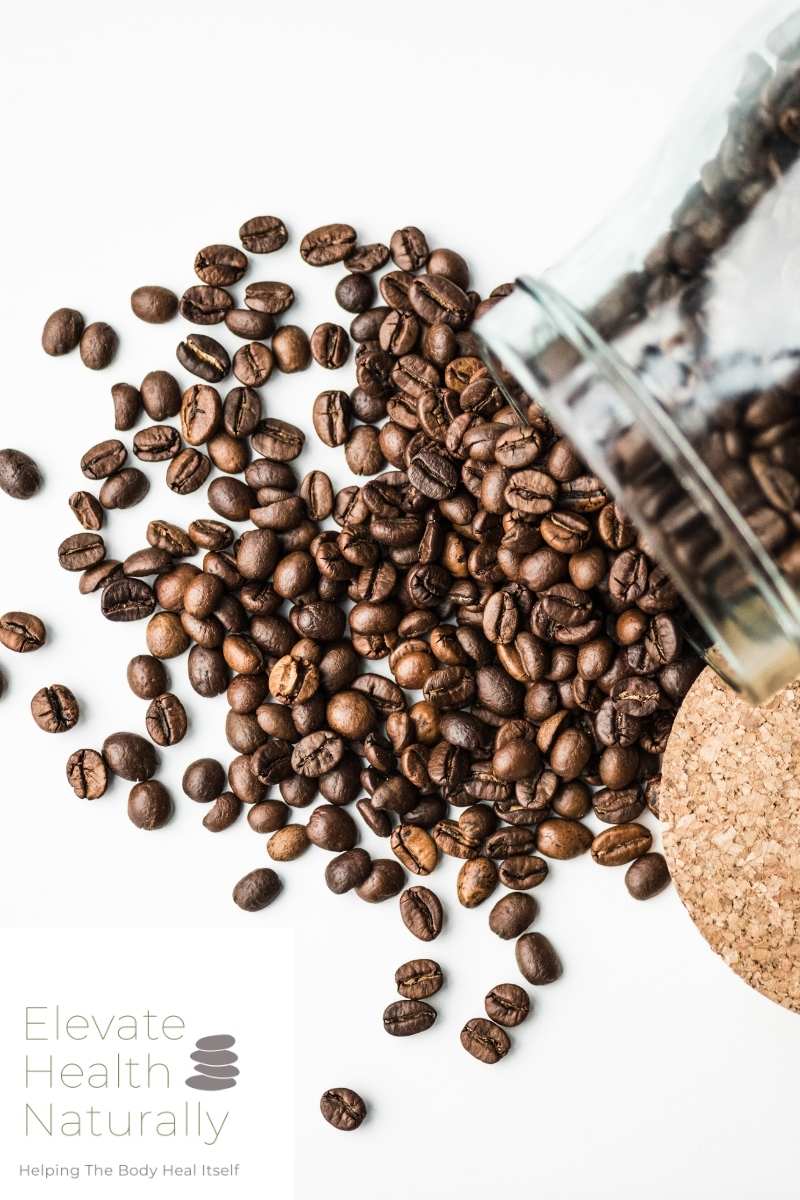Natural Supplements to Lower Cholesterol
You’ve just gotten your lab results back and your doctor tells you that you have high cholesterol. Now what? Are there natural supplements to lower cholesterol? Why is your cholesterol high? Is there a root cause that led to these results? Today we discuss cholesterol’s role in the body and how your body is actually protecting you.
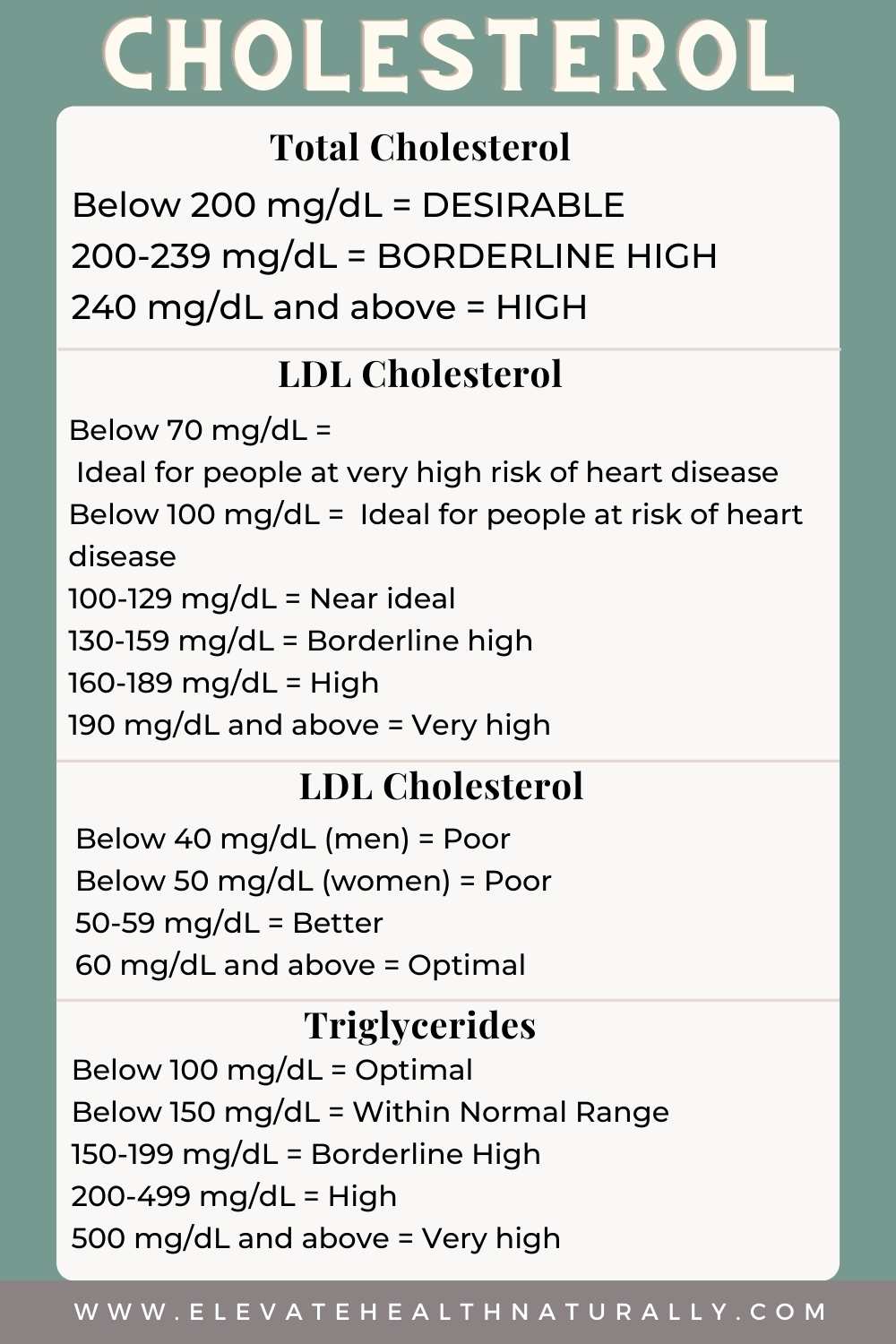
Cholesterol’s Role In The Body
When looking at your lab numbers you can reference the chart above for normal and abnormal ranges. The value that we are most interested in is the overall ratio of LDL to HDL cholesterol, which should be around 2:1.
The Internet floods us with misinformation about cholesterol and how to lower it. Today we will look at the role of cholesterol in the body and what the real underlying cause may be so that we can treat the core issue instead of just the symptom. High cholesterol is simply that. A symptom. Not a cause. Understanding this is essential to building a plan to correct it.
First of all, while it’s true that high cholesterol levels can lead to many health concerns, not all cholesterol is bad. Shocker right??
Modern medicine typically doesn’t look at cholesterol until it is high and then they look to treat it with pharmaceutical medications to lower it. While these medications can indeed lower cholesterol, they are simply shutting off the body’s “check engine” light instead of addressing the underlying reason that it got too high in the first place – inflammation. Cholesterol is made by the body in response to inflammation. It is your body’s way of protecting you from this ongoing inflammation.
Not all cholesterol is bad. In fact, some types of cholesterol are essential for good health. The body needs cholesterol to perform important jobs, such as building cells and making hormones.
Cholesterol performs several functions in the body, such as:
LDL cholesterol, also known as “bad cholesterol,” is the form that can build up on the artery walls and increase your risk of heart disease. HDL cholesterol, on the other hand, is often dubbed “good cholesterol” because it travels through the bloodstream, removing harmful cholesterol from the arteries to help enhance heart health.
Sterols are a type of fat the body needs to function properly. What cholesterol the body cannot get from food, it manufactures in the liver.
How Inflammation Influences Cholesterol
Inflammation is the body’s response to injury or illness. It is an essential element to healing, however, when it becomes chronic then things can go awry. Sustained low levels of inflammation have a negative impact on blood vessels. Inflammation may promote the growth of plaque, loosen plaque in the arteries, and trigger blood clots, setting the stage for a heart attack or stroke.
Emerging research has discovered a link between inflammation and high cholesterol. The liver manufactures cholesterol in an attempt to protect you from the chronic inflammation you are experiencing.
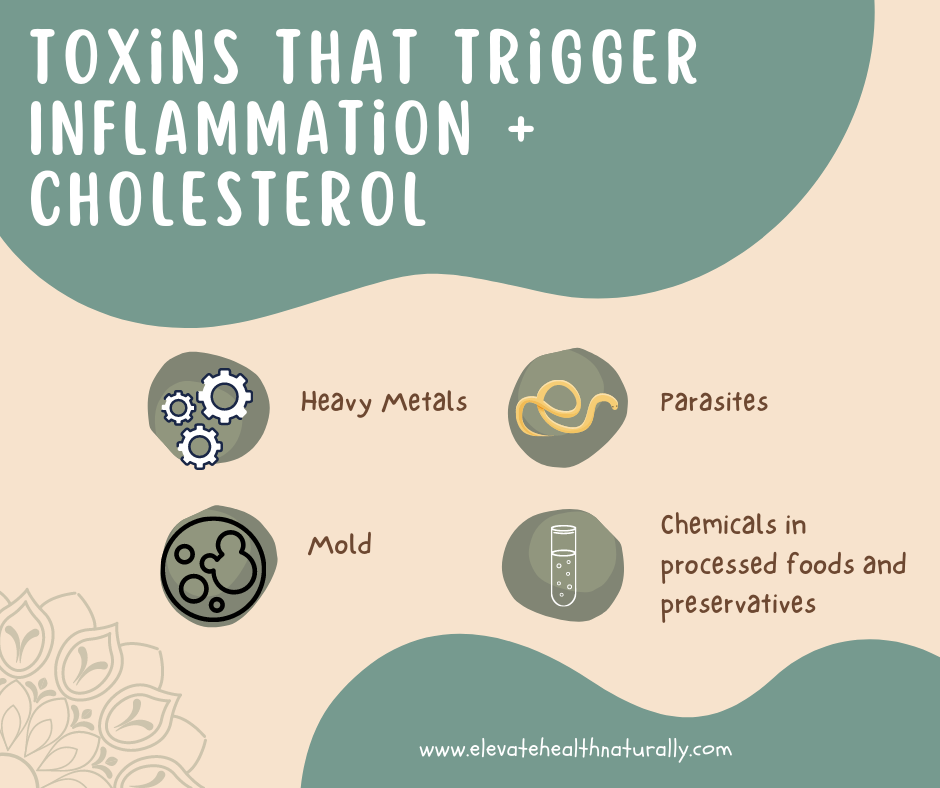 The Role of Toxins and Pathogens in Inflammation and Cholesterol
The Role of Toxins and Pathogens in Inflammation and Cholesterol
One factor that is often overlooked by health professionals when it comes to cholesterol is toxins and pathogens and their role in increasing inflammation and thus increasing cholesterol.
The presence of toxicity and pathogens in the body triggers inflammation. Since inflammation and cholesterol go hand in hand you can see why the presence of toxins and pathogens would be a problem. Some toxins and pathogens that aren’t commonly thought of when it comes to inflammation and cholesterol are:
Cholesterol is a vital and necessary component in the human body. I don’t get overly concerned about natural cholesterol in foods like eggs or shrimp. It’s the chemicals and additives in processed foods you should watch out for.
Certain preservatives — such as artificial trans fats and high fructose corn syrup — raise the bad LDL cholesterol in the blood. When this imbalance occurs, cholesterol can accumulate in the gallbladder and the bloodstream, causing gallstones and plaque buildup. (1, 2, 3, 4)
Food additives are in the majority of processed foods used to enhance the food taste and shelf life. However, these chemicals can target organs in the body, such as the liver and kidney. This negatively affects the cells of the immune system, causing inflammation and contributing to metabolic dysregulation. Usually observed in obese individuals, this inflammation, called “meta-inflammation,” is a pathological condition of chronic low-grade inflammation. (5)
Don’t worry, you can combat inflammation and help lower your cholesterol with a healthy diet of whole, unprocessed fruits, vegetables, and lean protein. Particularly those free of additives and extra chemicals. (6)
High levels of lead and mercury in the blood can cause high cholesterol levels. In a study, those with the highest levels of these metals in their blood: (7, 8)
Epidemiological evidence suggests a possible association between chronic exposures to toxigenic molds in damp water-damaged buildings and high levels of cholesterol abnormalities that may represent a high risk for cardiovascular diseases. You may not even realize you are being exposed to mold. It is often hidden behind walls or in the HVAC system.
Toxigenic molds release mycotoxins that affect human health and could impair cholesterol metabolism. Individuals exposed to them might be at risk of cardiovascular diseases, neurological disorders, and stroke. (9)
Chronic mold exposure can also contribute to harmful inflammation levels in the body. Chronic inflammatory response syndrome is a biotoxin illness that can be triggered from exposure to mold. (10)
Recent studies have shown elevated levels of lipoproteins like HDL, LDL, and total cholesterol in patients suffering from parasitic infections, although the exact reason is still unknown.
Cholesterol is synthesized in the liver, which is a major site of parasitic infection. The thought is that parasites can take the lipids and cholesterol they need to survive from lipoprotein particles in the host’s gut. (11)
Is High Cholesterol Genetic?
The question of whether high cholesterol is genetic really leads us back to the underlying cause. Just because you are predisposed to something because of your genetic makeup doesn’t mean you are destined to suffer from it. This is the beauty of truly taking care of your body. You can have a say in what genes are turned off and on through lifestyle changes.
High cholesterol plays a role in heart disease, diabetes, hypertension, and stroke. In all of these conditions, high cholesterol has led to a build-up of plaque on artery walls. The thing all of these conditions has in common is inflammation. If we address the inflammation and the underlying cause of the inflammation then we may positively impact the cholesterol levels.
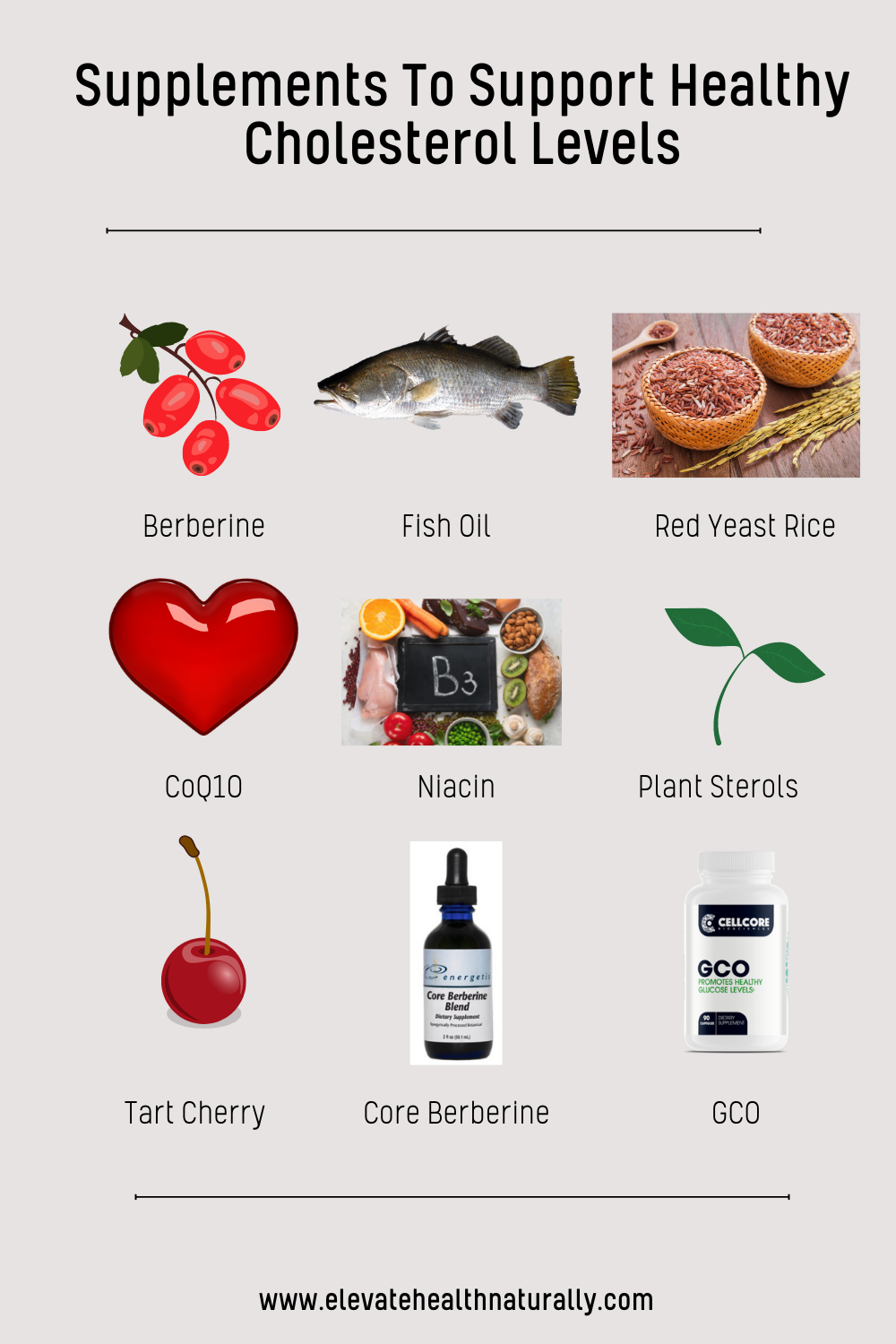
Supplements To Lower Cholesterol
Are there natural supplements to lower cholesterol? The good news is that whether you are considered to be borderline high and not eligible for medications or you prefer a natural route, there are supplements that can help lower cholesterol.
With this approach, we aren’t treating high cholesterol. We are addressing underlying inflammation in the body and getting to the root cause. Unlike modern medicine, we do not treat symptoms with supplements. We address root causes and support the body in healing itself.
Berberine is a bioactive compound found in some plants like European barberry, goldenseal, goldthread, Oregon grape, phellodendron, and tree turmeric. Taking berberine orally may help lower total cholesterol, LDL, and triglyceride levels. It may also strengthen heartbeat.
Berberine has been used for many centuries in Chinese and Indian cultures to treat diabetes and hypertension. Berberine is considered safe for most adults. Supplements that include berberine are:
Researchers believe that berberine can increase the number of LDL receptors in the liver, which may help increase the clearance of LDL cholesterol from the body. Berberine also appears to act on signaling pathways involved in making fats in the body. Berberine acts similarly to phytosterols by blocking the absorption of lipids from the small intestine. (12, 13)
CellCore’s GCO (Gluco Optimizer) contains berberine and is formulated with a unique combination of nutrients, herbs, and Carbon Technology to support healthy blood sugar levels, cholesterol, digestive function, and metabolism.
This product contains a proprietary blend of herbs, plus fulvic acid extracts, which protect the herbs from damage and quickly drive the nutrients into the cells. GCO is designed to do more than merely support blood sugar balance. It acts on lipid metabolism, affects the expression of a variety of genes, and optimizes cellular function.
We often use fish oil because it is packed with healthy omega-3 fatty acids. We prefer you get your omega-3’s from actual fish because it’s always better to obtain something from food than a supplement but if fish doesn’t land on your plate often enough then fish oil can be a good strategy.
Fish oil has been shown to be effective at increasing HDL cholesterol (the good one) which helps clear LDL cholesterol (the bad one) out from the arteries.
Red yeast rice is derived from white rice that has been fermented. Red yeast has shown to be effective at reducing LDL cholesterol and triglycerides.
CoQ10 is a coenzyme popular when we talk about heart health. It has been shown to lower LDL cholesterol levels. It works to remove excess cholesterol and prevent atherosclerosis to keep artery walls clear.
Niacin is vitamin B3 and works to reduce triglycerides and lower (bad) LDL cholesterol while elevating (good) HDL cholesterol.
Since the makeup of plant sterols mimics cholesterol, they partly block cholesterol absorption so that dietary cholesterol can be removed as waste. This lowers (bad) LDL cholesterol without having an impact on (good) HDL cholesterol. (source)
We love our tart cherry sleep support. Apart from regulation of sleep cycles, it also supports weight loss, inflammation reduction, heart health, and muscle recovery. It also supports healthy blood pressure and cholesterol levels.
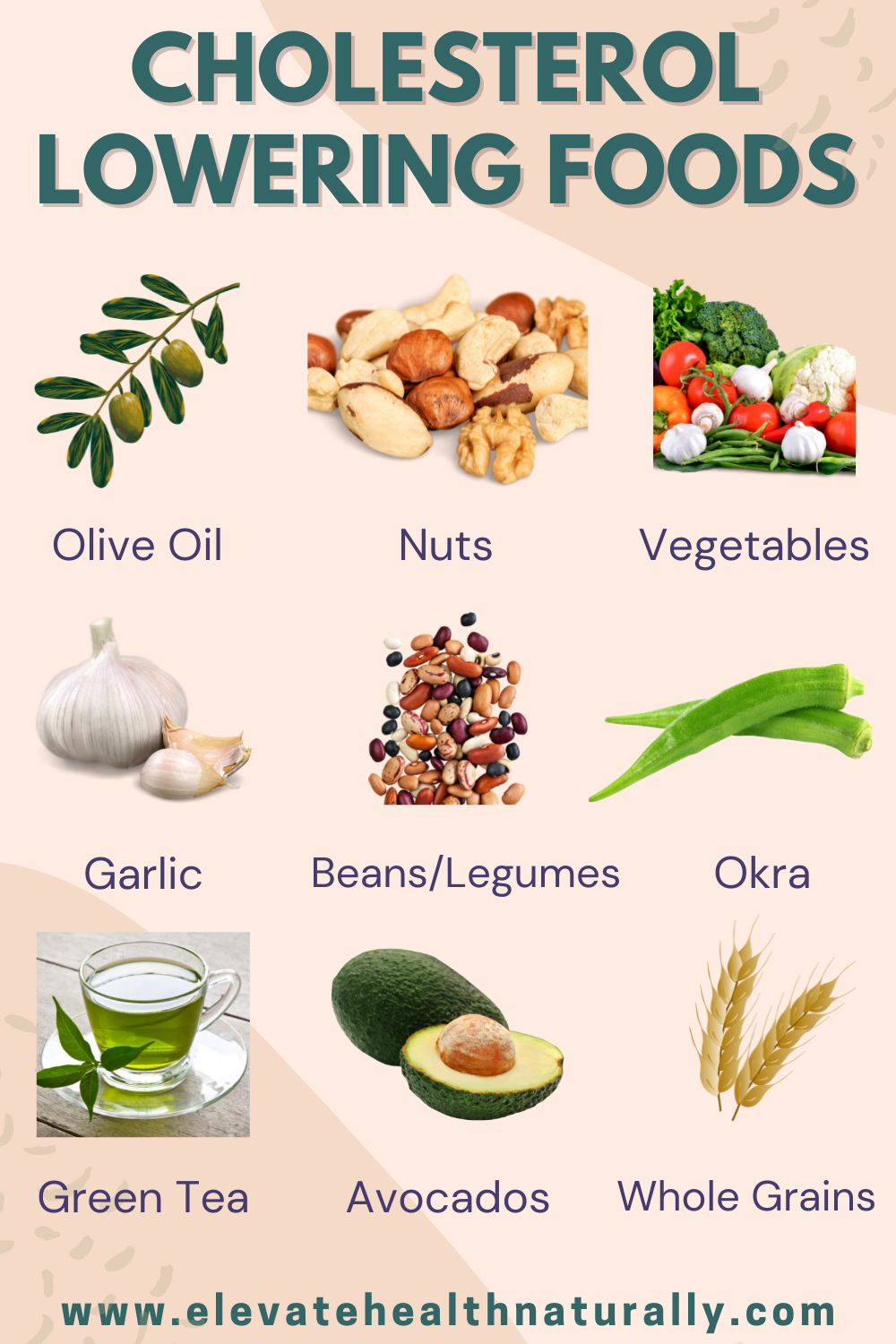 Another way to address cholesterol is by adding cholesterol-lowering foods to your diet. I don’t mean that you need to do a low cholesterol diet, simply adding some of these cholesterol-lowering foods to your daily diet can have a positive impact on cholesterol and triglycerides.
Another way to address cholesterol is by adding cholesterol-lowering foods to your diet. I don’t mean that you need to do a low cholesterol diet, simply adding some of these cholesterol-lowering foods to your daily diet can have a positive impact on cholesterol and triglycerides.
While whole grains are considered a cholesterol-lowering food, we do not recommend Cheerios. Not only are they not organic, so they contain glyphosate and genetically modified ingredients, but they also contain gluten which can be inflammatory. Choose a gluten free whole grain instead. It will be lower in toxins and inflammatory properties.
Foods To Avoid With High Cholesterol
We are big advocates of a clean, whole food diet rich in vitamins and minerals and void of chemicals, artificial ingredients and toxins. Cleaning up your diet can have a big impact on cholesterol but it can be tricky to know what is okay and what you should avoid.
Opt for as much organic and non-GMO foods as possible to begin with. Anything without an ingredient label would be an easy way to think of whole foods. Eggs, red meat and dairy are all high in cholesterol, however, we don’t recommend avoiding them. We just have a few stipulations. Opt for organic, free-range eggs. Choose 100% grass-fed beef which is actually heart-healthy. Only consume organic dairy and only in moderation. Dairy can be very inflammatory, just like gluten, and should be limited. With that, let’s discuss what foods you should AVOID:
We can’t discuss lowering cholesterol without mentioning the importance of exercise. Diet and exercise both play a big role in lowering cholesterol.
Adding cardio or aerobic exercise to your daily regimen has been shown to lower cholesterol levels. (27) It is also a great way to strengthen your heart and lungs.
Weight lifting or resistance training can also have positive impacts on cholesterol. Some studies have shown that it may reduce LDL cholesterol and total cholesterol. (28)
In conclusion, we recommend a holistic approach when it comes to addressing high cholesterol. Dietary changes and added exercise can be a huge help in addressing high cholesterol. Supplements and health protocols are also a beneficial addition. We always recommend working hand in hand with your doctor or health practitioner to get a personalized protocol tailored to your specific needs and health history.
By addressing cholesterol at the root cause and in turn addressing inflammation, you will get to the true root of the issue and instead of covering up the symptom of high cholesterol, you’ll address the underlying cause and feel better in the end. The body works as a whole and should be addressed as a whole.

